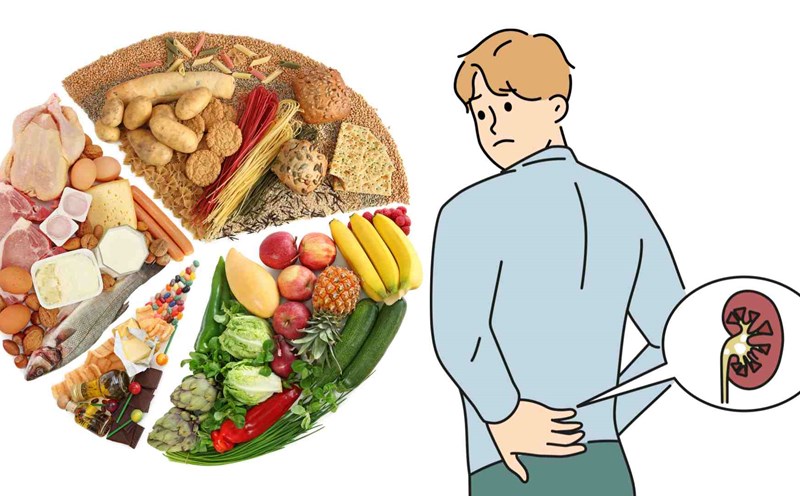According to the USDA Nutrition Database, an average grapefruit provides about 80mg of vitamin C - meeting almost all of the recommended daily needs for adults.
Grapefruit also contains potassium, fiber and flavonoids that help fight inflammation and reduce cholesterol.
However, this rich nutritional composition can be disadvantageous for the kidneys. In particular, the high potassium content in grapefruit is a "double-edged sword".
For people with impaired kidney function, eating too much grapefruit causes potassium to accumulate in the blood, leading to hyperkalemia - a dangerous electrolyte disorder, which can cause arrhythmia and acute kidney failure.
People with chronic kidney disease should pay special attention to the amount of potassium-rich fruits, including grapefruit. Eating too much can cause the kidneys to not excrete it in time, causing high potassium levels in the blood.
Not only does grapefruit contain a lot of potassium, it is also famous for its ability to cause drug interactions. Research published in the Canadian Medical Association Journal (CMAJ, 2019) shows that grapefruit contains furanocoumarin, which inhibits the enzyme CYP3A4 in the liver and intestines, increasing the concentration of the drug in the blood many times.
For patients who are taking antihypertensive drugs, statins (hypofymetic drugs) or immunosuppressants after kidney transplants, eating grapefruit at the same time can put the kidneys under great pressure when filtering and eliminating unusually high doses of drugs.
Common mistakes when eating grapefruit:
Eating grapefruit while taking medication: This is the most common and dangerous mistake, especially in the elderly with cardiovascular disease, high blood pressure or after kidney transplantation.
Eat too much grapefruit per day: Healthy people should also not eat more than 300-400g of grapefruit per day, to avoid vitamin C and potassium overload.
Eat grapefruit instead of main meals: This causes the body to lack nutritional balance, while consuming a high amount of natural sugar, increasing the burden on the liver and kidneys.
How to eat grapefruit to be safe for the kidneys?
People with chronic kidney disease or undergoing medication should consult a doctor before eating grapefruit.
If you want to supplement, you should eat grapefruit at least 4-6 hours after taking the medicine.
Eat only a moderate amount, combined with many other low- potassium fruits such as apples, grapes, watermelon.
Drink enough water and maintain a balanced diet, limit salt and processed foods to reduce the burden on the kidneys.











